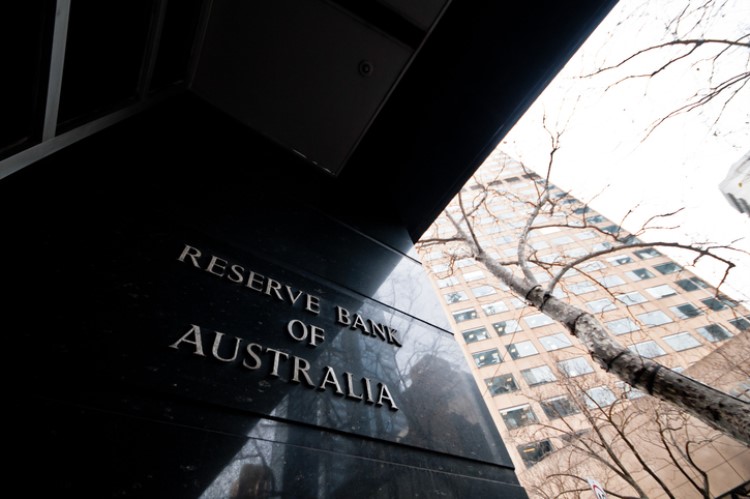
The Reserve Bank of Australia (RBA) has made its final rate hike this year, bringing the cash rate up 25bps to 3.10%.
The cash rate is now at its highest level since 2012 and the RBA seems committed to overcoming the challenge of high inflation that has remained a concern throughout the past year.
Here are the highlights of RBA Governor Philip Lowe’s Monetary Policy Decision Statement:
On inflation:
- Inflation is too high — 6.9% over the year to October.
- A further increase in inflation is expected over the months ahead, reaching 8% over the year to the December quarter.
- Inflation is expected to decline next year due to the ongoing resolution of global supply-side problems, recent declines in commodity prices, and slower growth in demand.
- High inflation damages our economy and makes life more difficult for people.
- Inflation targets remain at 2% to 3%.
On the labour market:
- Labour market remains tight, many firms are facing difficulty hiring workers.
- Unemployment declined to 3.4% in October, the lowest rate since 1974.
- Job vacancies and job ads are both high levels.
- Employment growth has also slowed as spare capacity in the labour market is absorbed.
- Wages growth is continuing to pick up from the low rates of recent years and a further pick-up is expected due to the tight labour market and higher inflation.
Outlook:
- There has been a substantial cumulative increase in interest rates since May, which is necessary to ensure that the period of high inflation is only temporary.
- Household spending is expected to slow over the period ahead although the timing and extent of this slowdown is uncertain.
- Further increases are expected but the size and timing will be determined by incoming data on inflation and labour market.
- The RBA remains committed to do what is necessary to return inflation to target.
PropTrack senior economist Eleanor Creagh said the continued uptrend in cash rate also came in with the strong growth in wages, up 3.4% annually in September.
“This is the strongest acceleration in over a decade, with labour market tightness translating to stronger wage rises,” she said.
Ms Creagh said the cash rate has quickly rebalanced the housing market from last year’s extreme growth levels, with prices falling in most parts of the country.
“Prices nationally are now sitting 3.81% below their March peak after falling for the eighth month in a row amid headwinds from monetary tightening,” she said.
If prices peak in 2023, price falls are likely to ease, with house values stabilising.
“The downward pressure from rate rises will be countered to a degree by positive demand effects that stem from tight rental markets and rental price pressures, rebounding foreign migration, stronger wages growth, and over the long run, housing supply pressures,” Ms Creagh said.